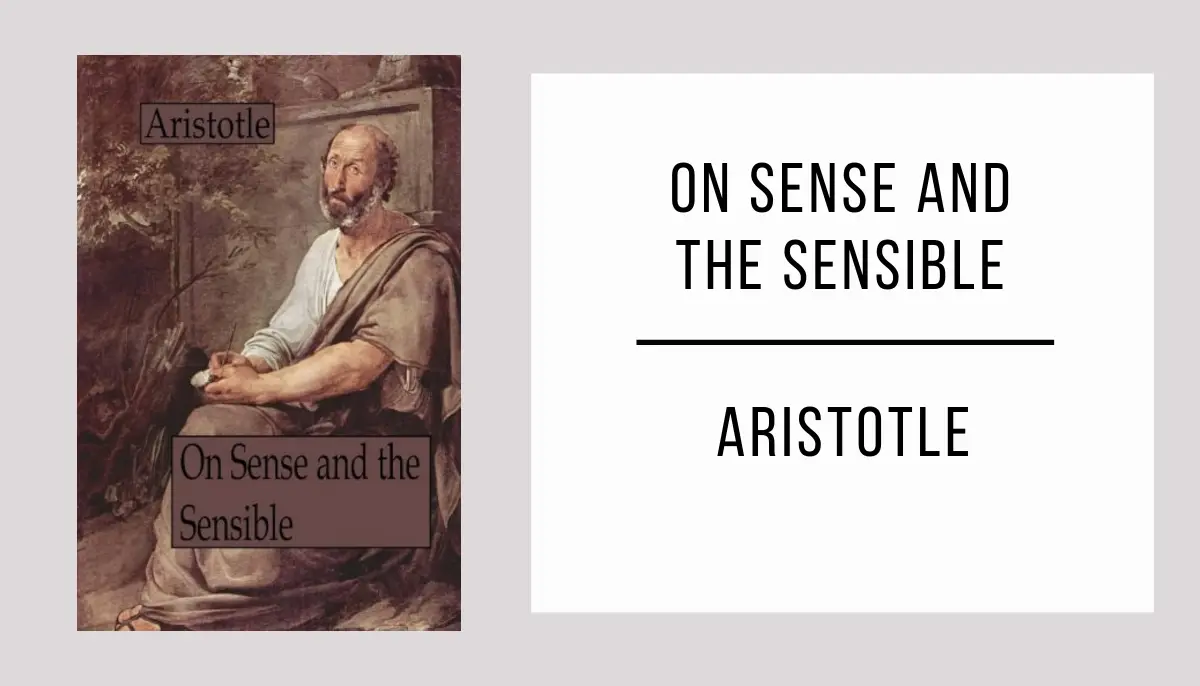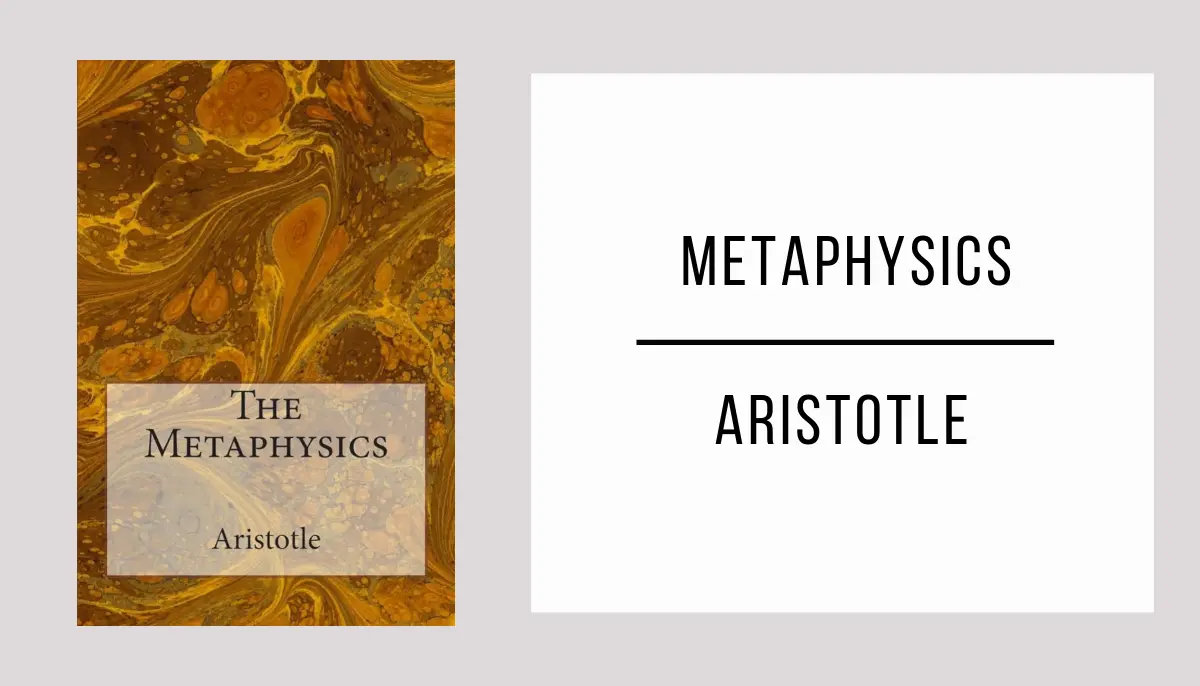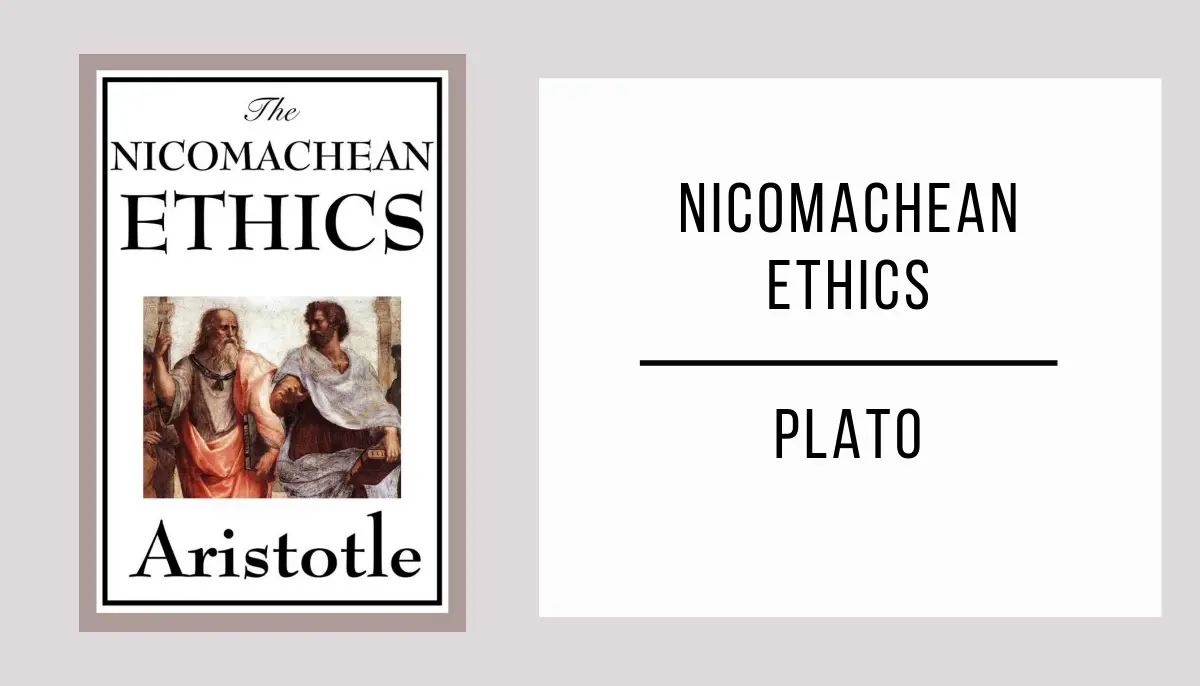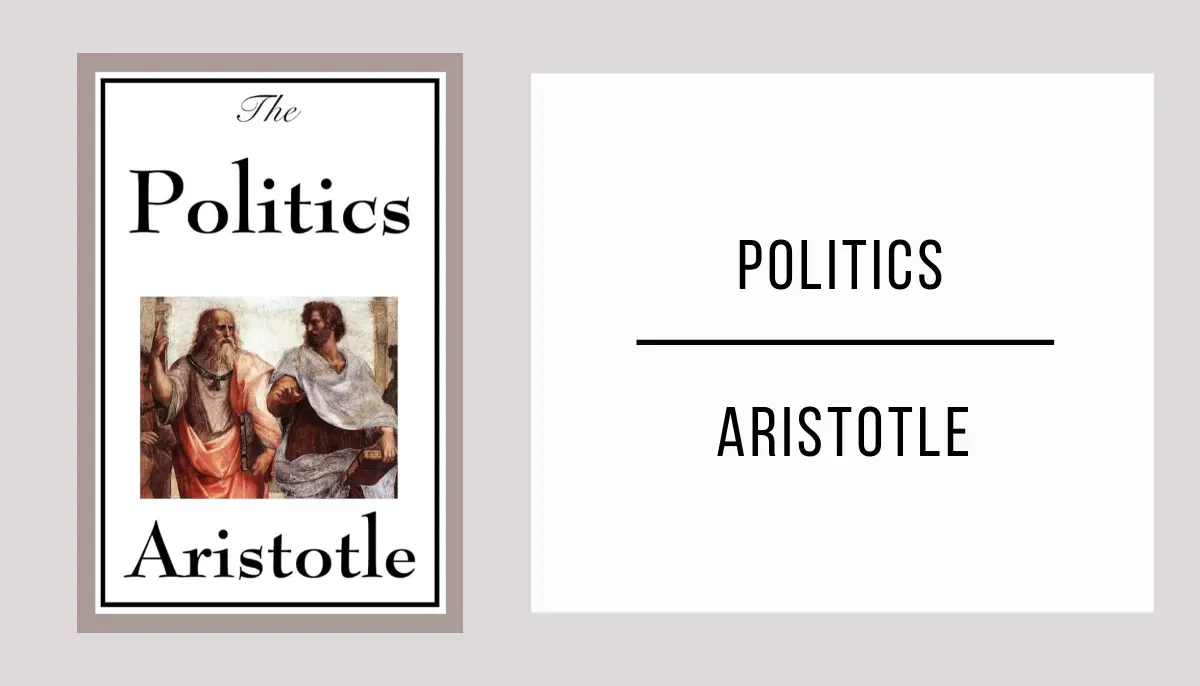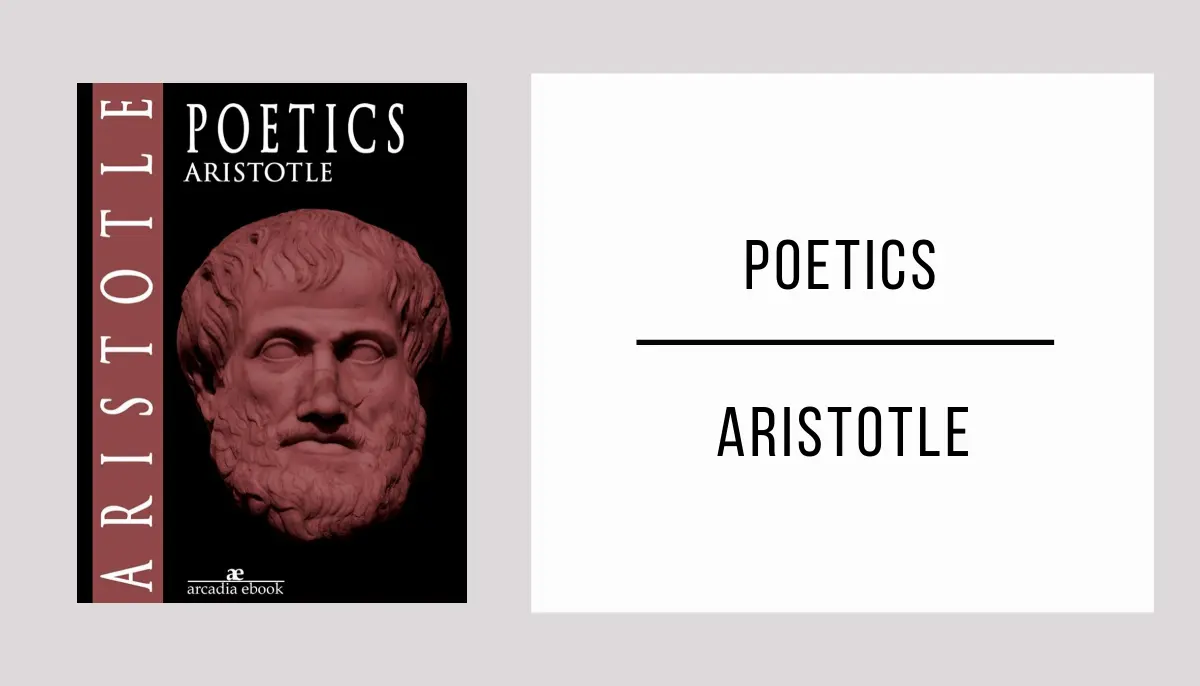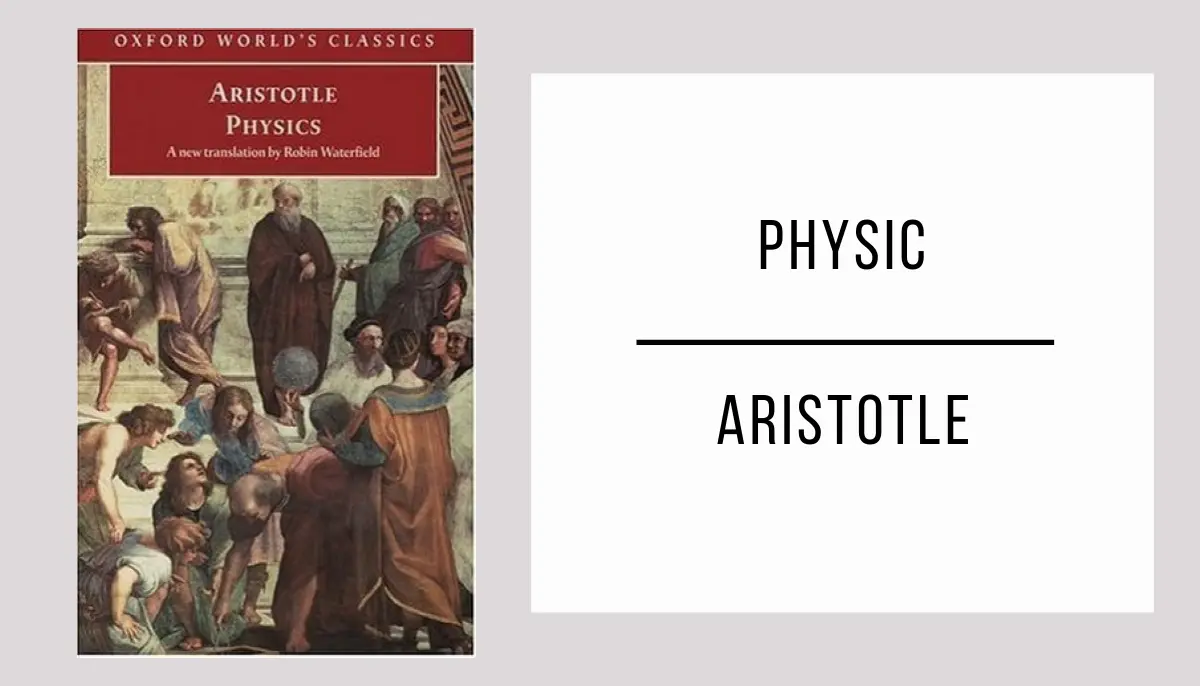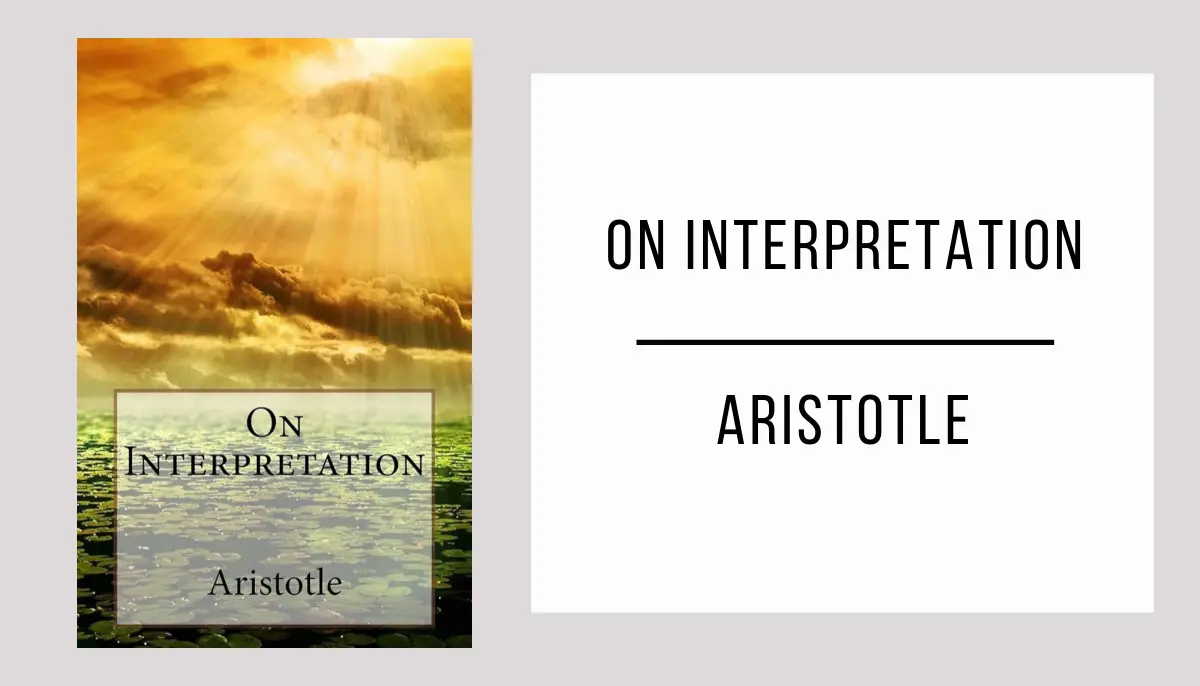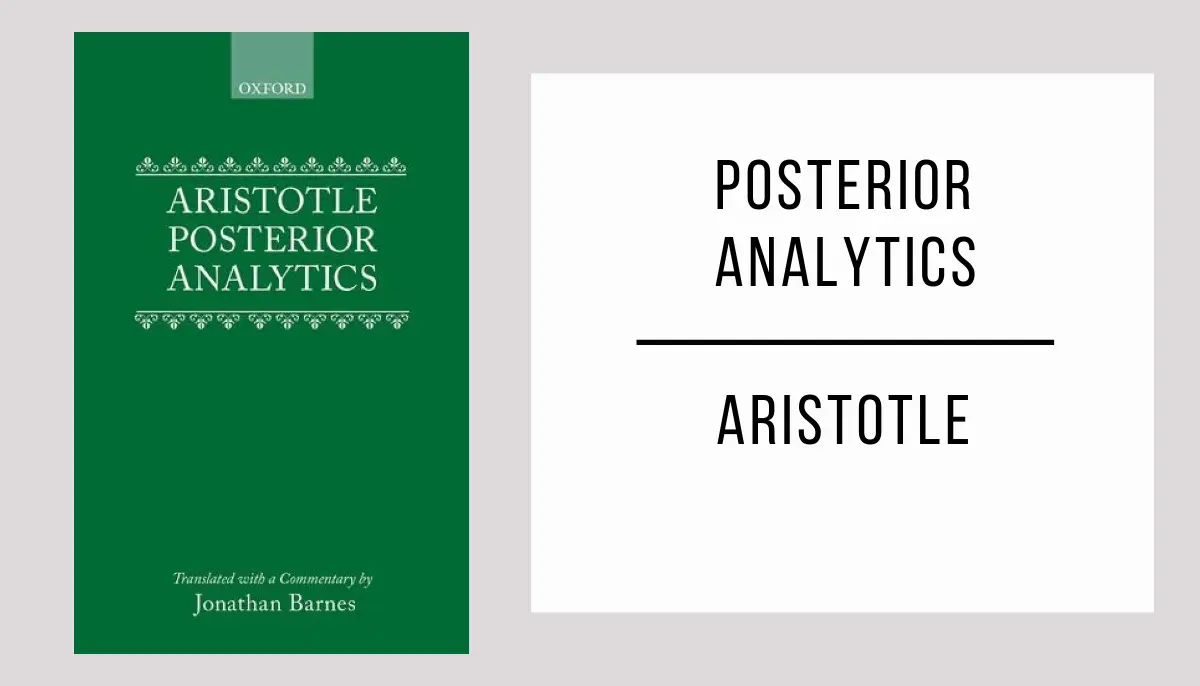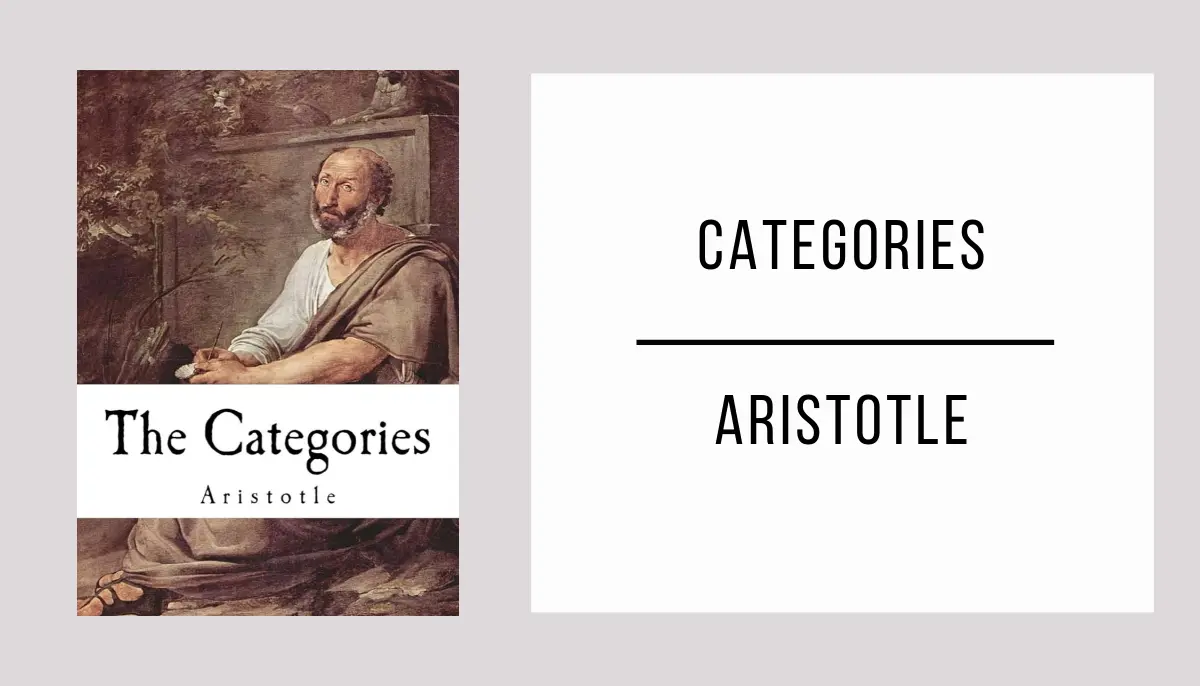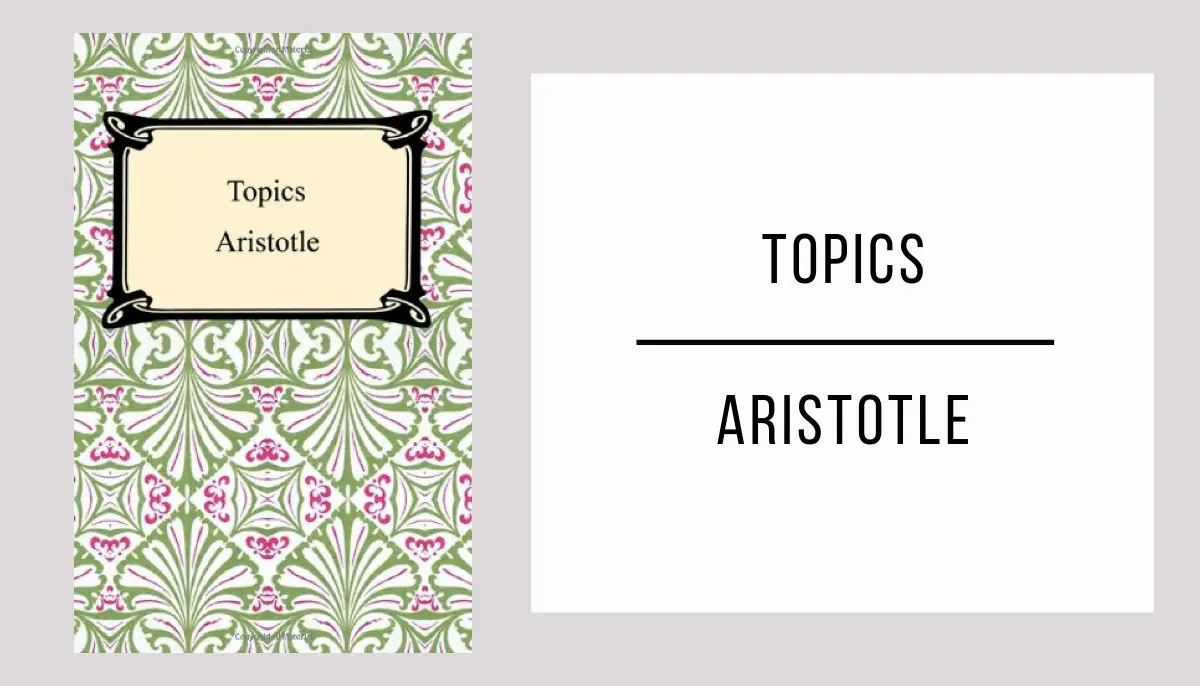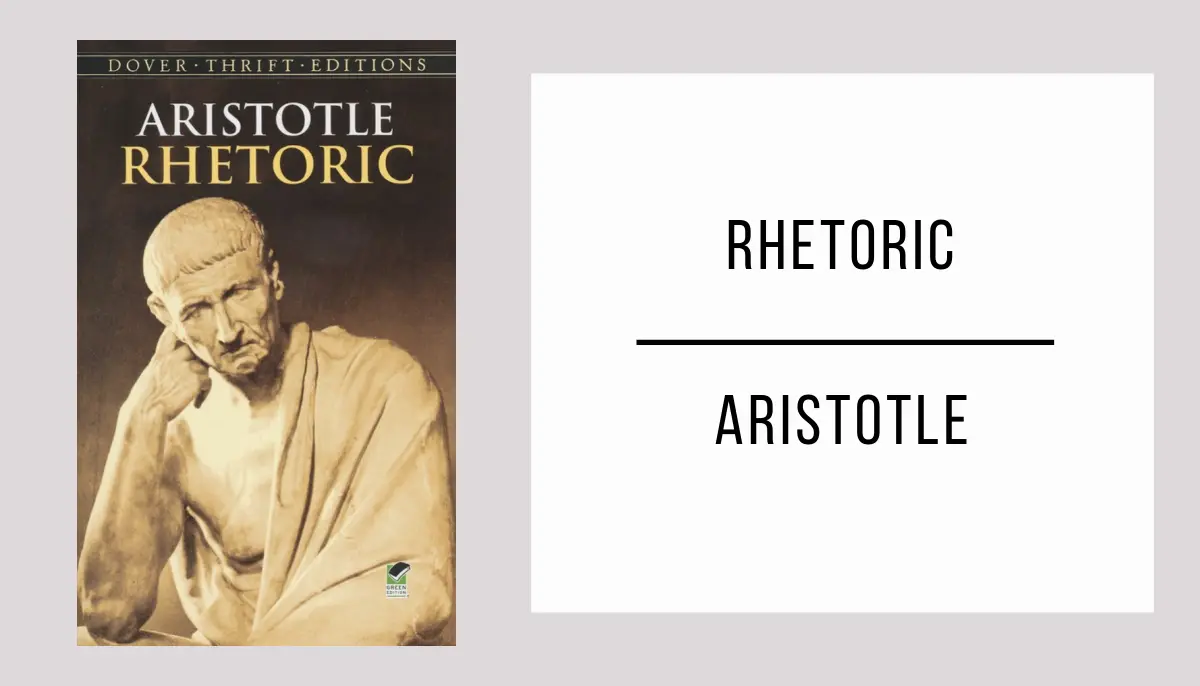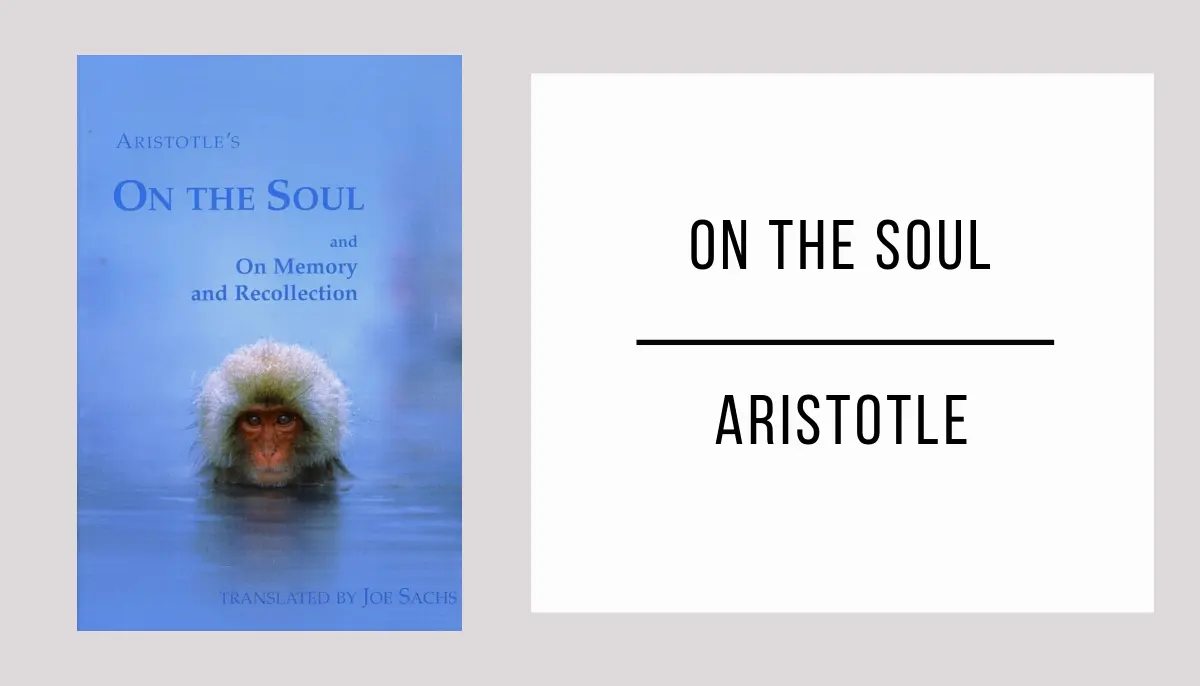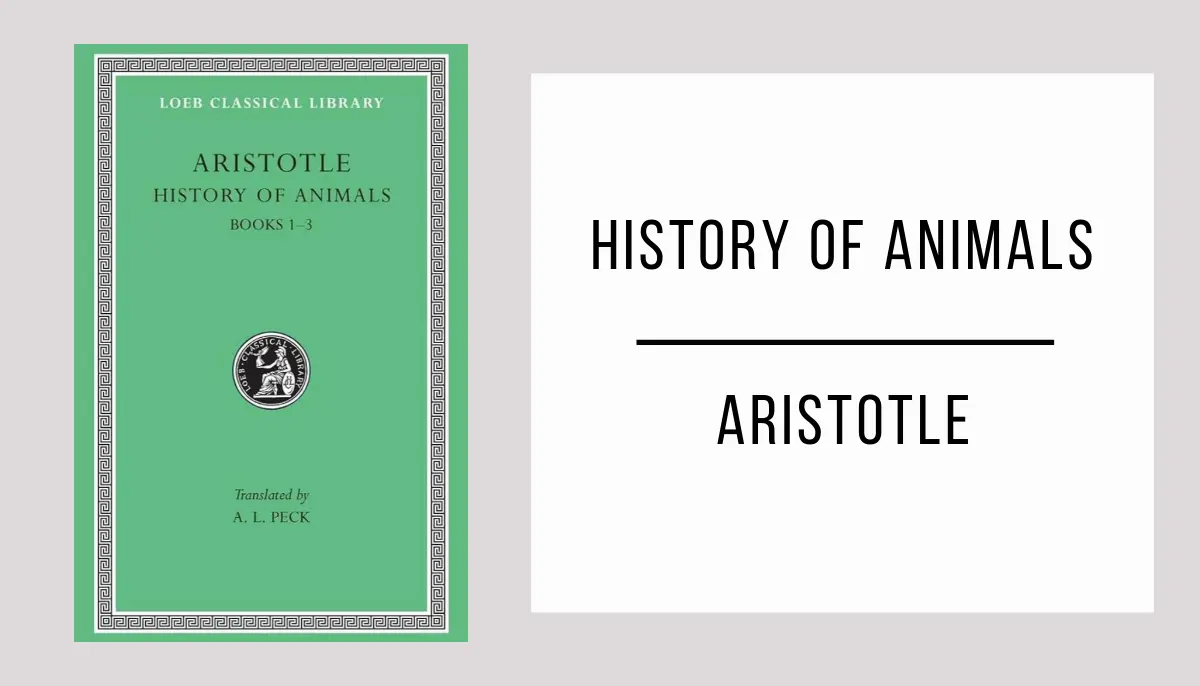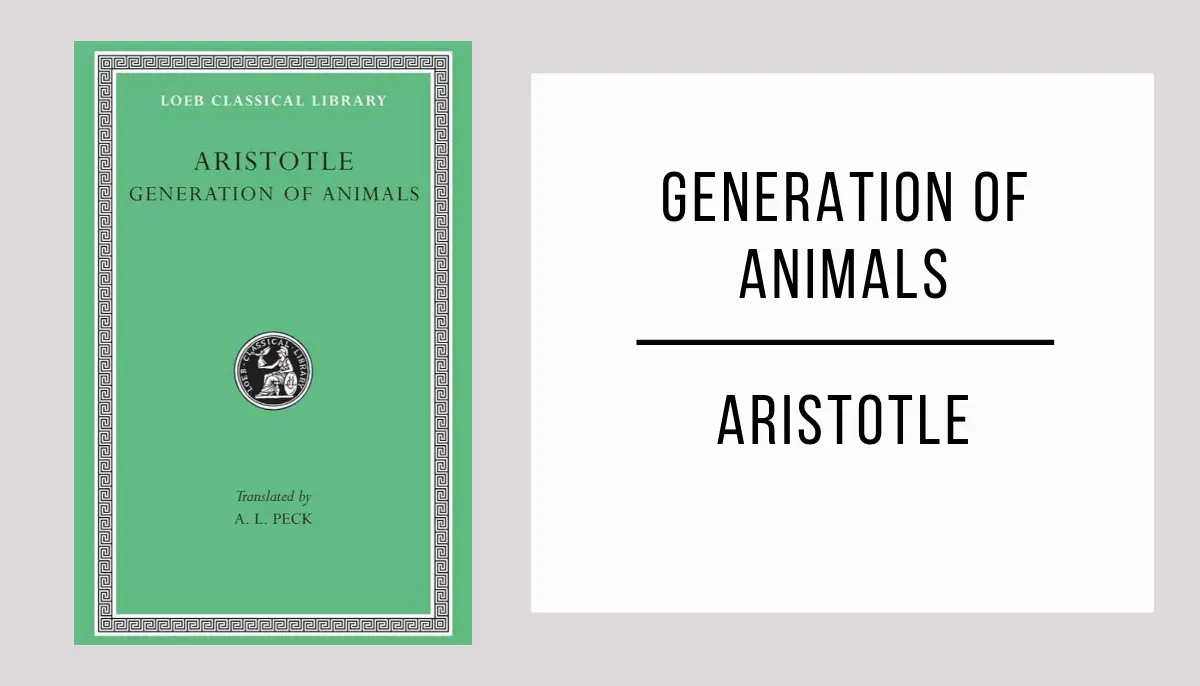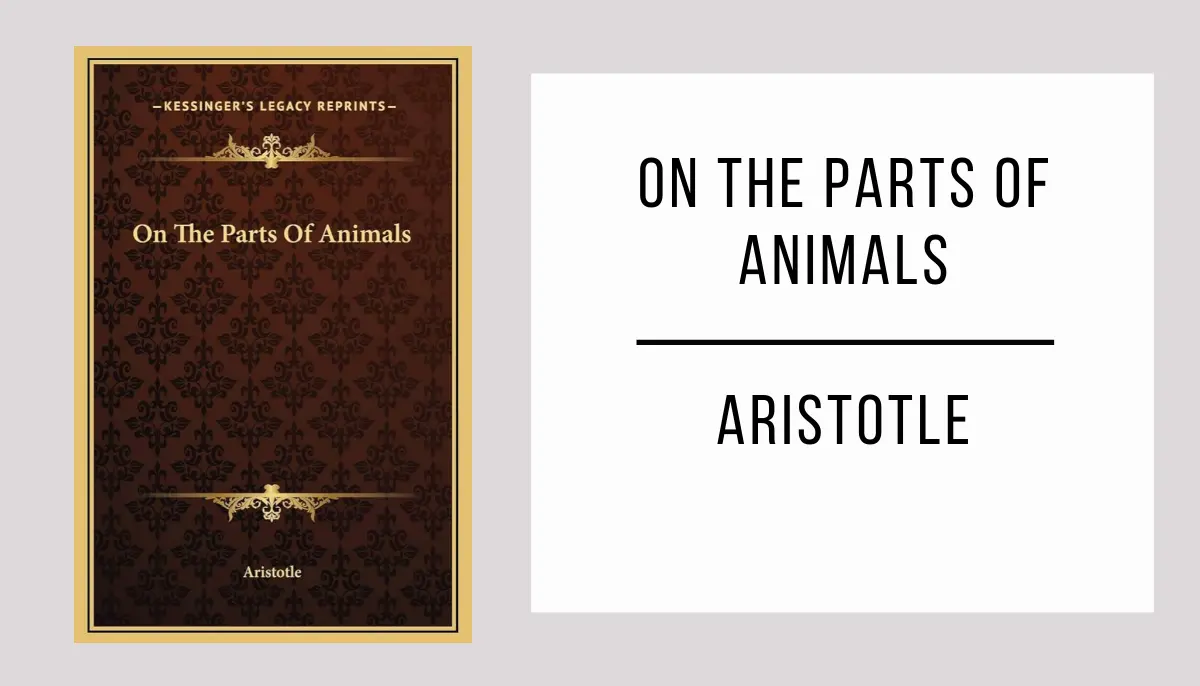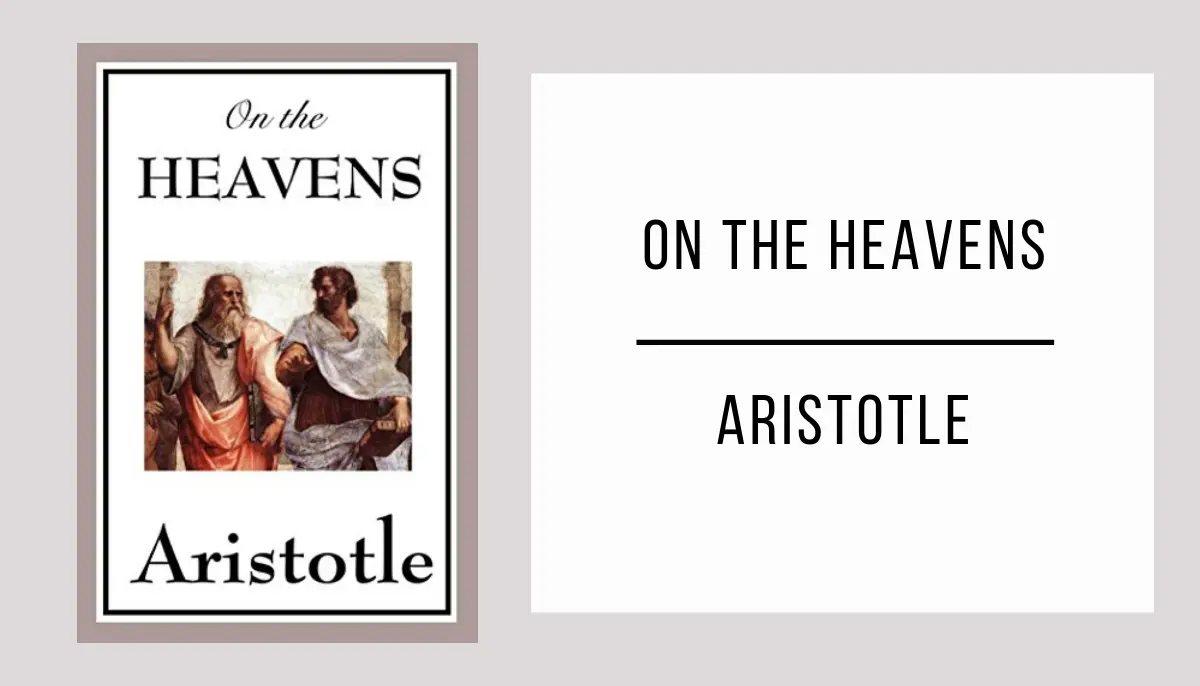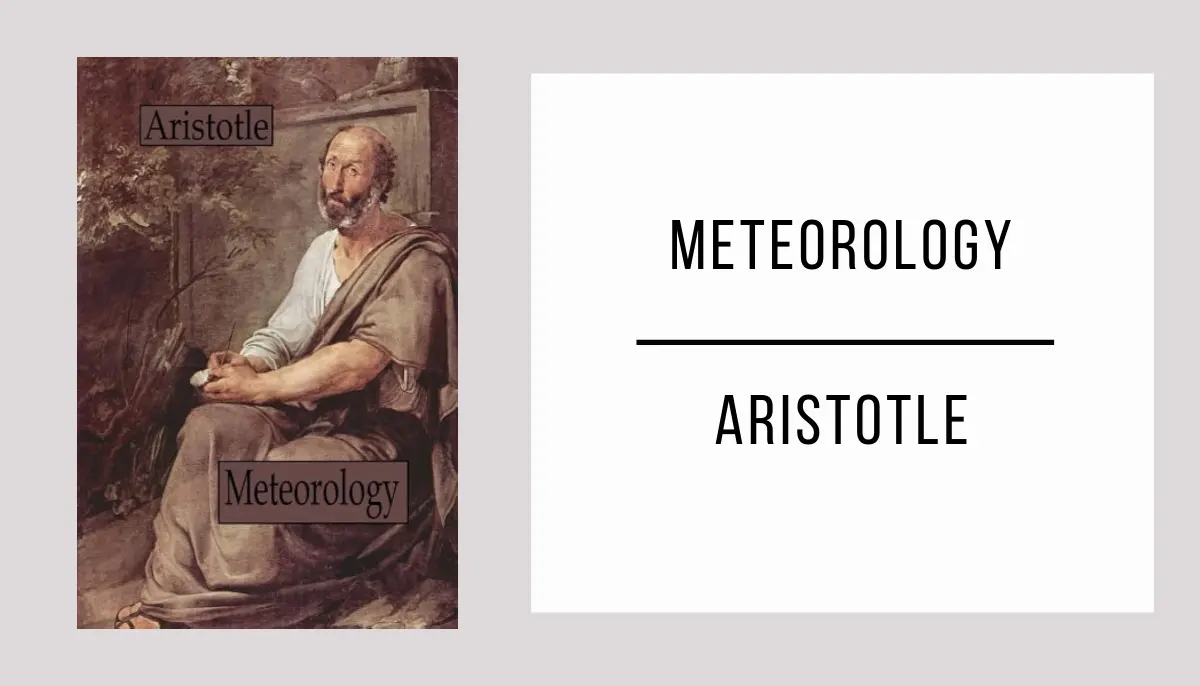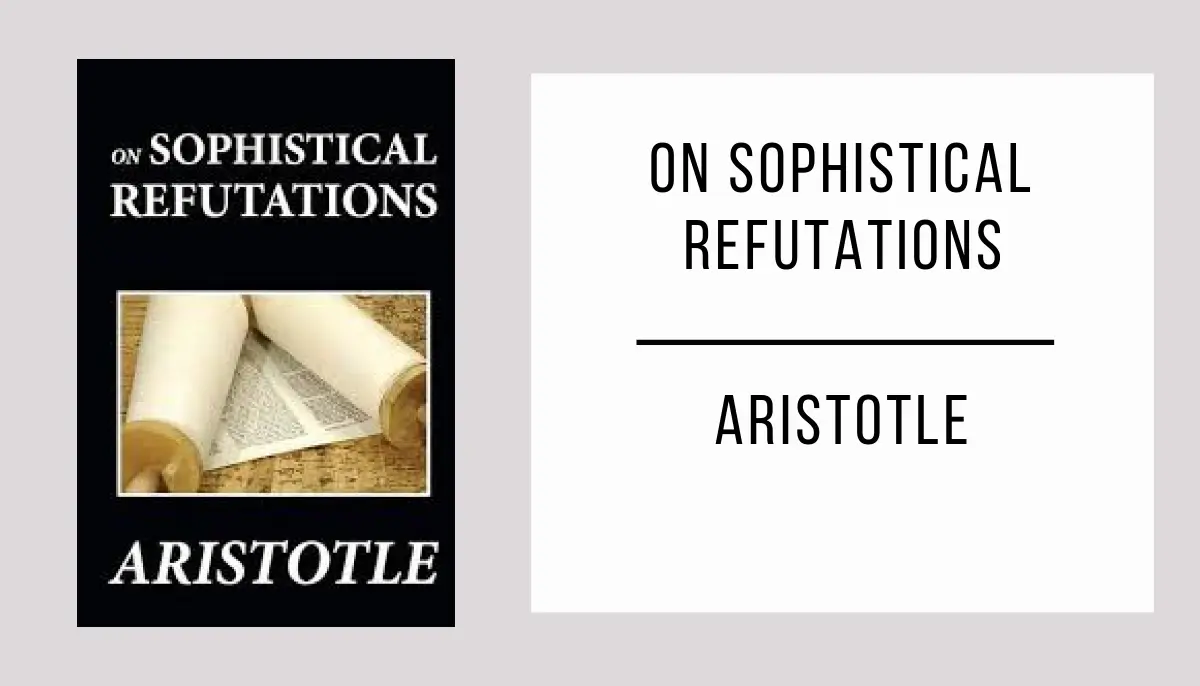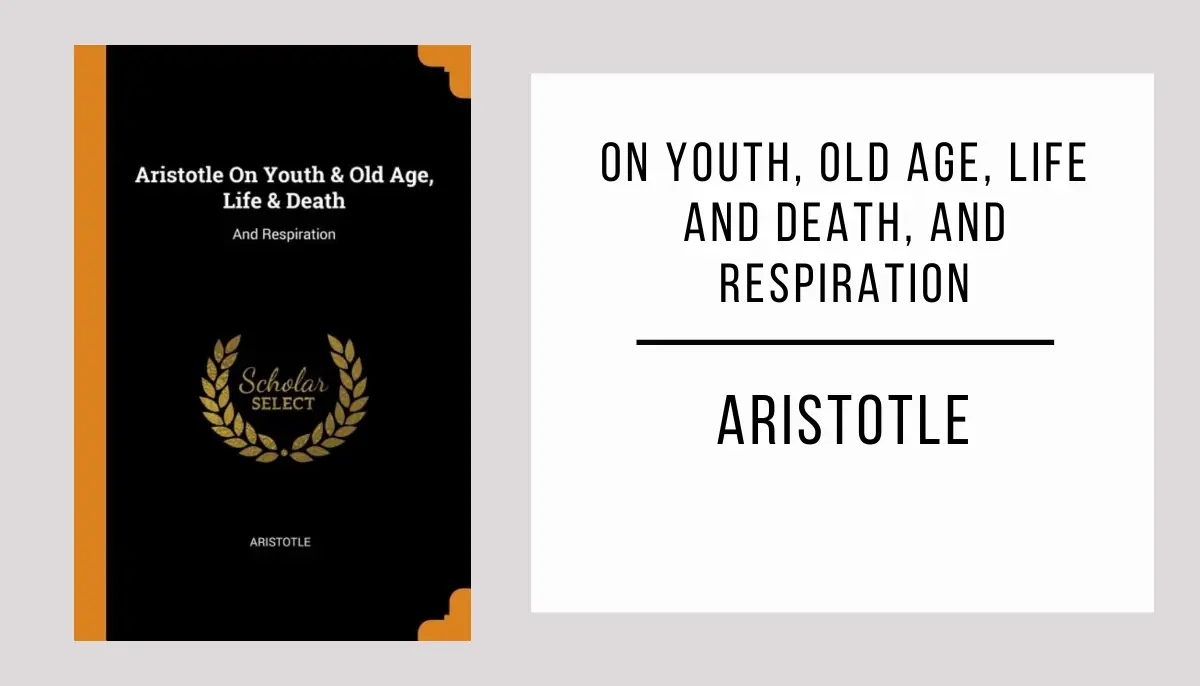Aristotle’s ‘On Sense and the Sensible’ is a masterpiece that captivates with its profound exploration of human perception and experience.
Download ‘On Sense and the Sensible’ by Aristotle in PDF format for free now and immerse yourself in an unparalleled intellectual journey.
Let yourself be seduced by Aristotle’s brilliance in ‘On Sense and the Sensible.’ His reflections will challenge you to question and understand the nature of our perception.
On Sense and the Sensible in PDF format
*Wait a few seconds for the document to load, the time may vary depending on your internet connection. If you prefer, you can download the file by clicking on the link below.
Loading fileInformation On Sense and the Sensible
- Author: Aristotle.
- Publication Date: It was written around 350 B.C.
- Main Characters:
- There are no fictional characters as it is a philosophical work.
- Brief Summary: ‘On Sense and the Sensible’ is a work by Aristotle in which he explores the nature of the senses and sensory perception. The book analyzes the five human senses (sight, hearing, smell, taste, and touch) and how they enable us to gain knowledge of the external world. Aristotle also discusses the relationship between the body and mind, as well as the importance of sensory experience in the process of learning and understanding.
- Thematic Analysis: ‘On Sense and the Sensible’ addresses themes related to human perception and how the senses connect us with the world. Aristotle examines how each sense provides unique information about the environment and how these senses work together to form our overall understanding of reality. The book also highlights the importance of sensory experience and how it influences our knowledge and understanding of the surrounding world.
- Historical Context: ‘On Sense and the Sensible’ is one of the works Aristotle wrote during his time at the Academy of Athens. His focus on observation and analysis of nature and reality laid the foundations for later Western philosophy and science. His influence on Western thought and culture has been significant and enduring.


